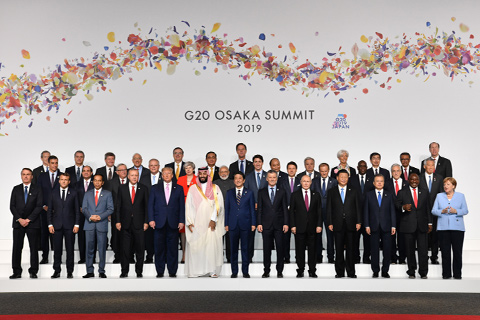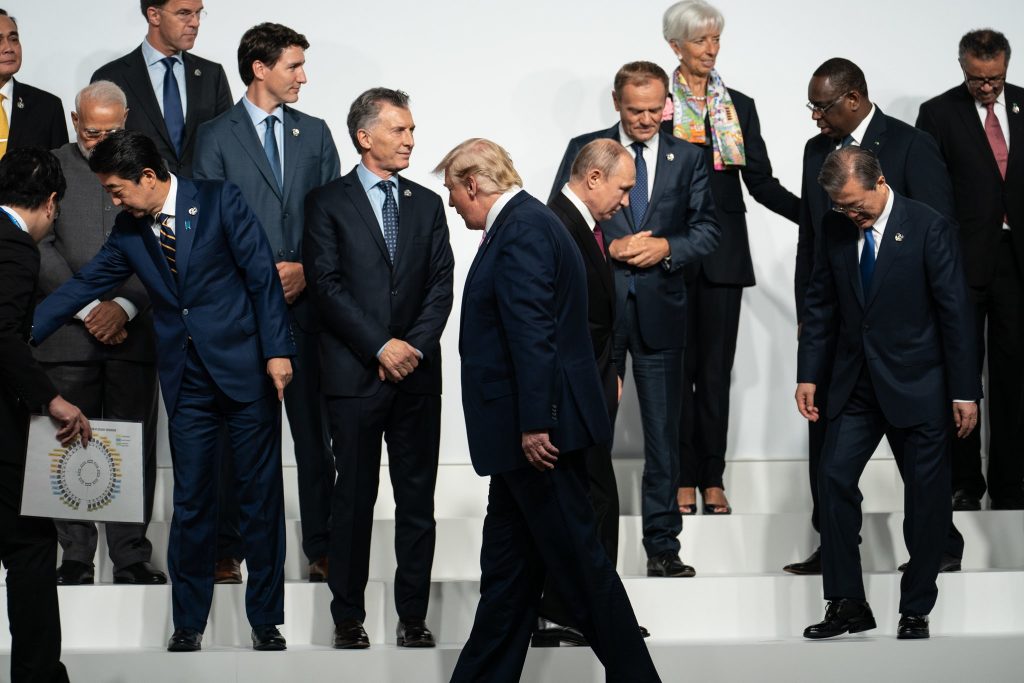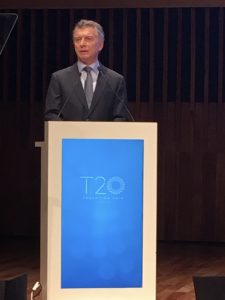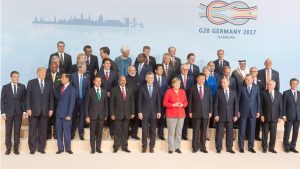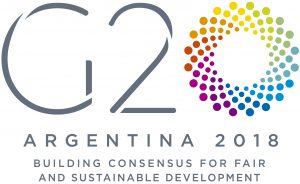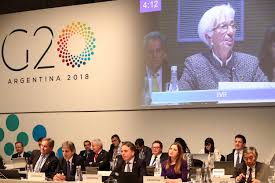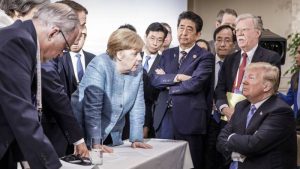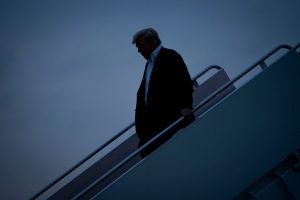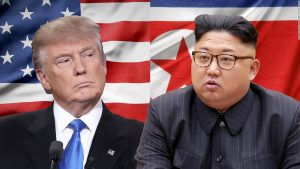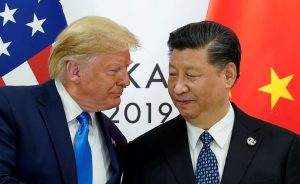 Errors have been made. And inconsistencies have occurred. But the current Trump policy toward China and its apparent encouragement of a renewal of ‘the Cold War’ – in this instance with China – is simply stupefying. And very likely dangerous. As the Editorial Board of the Washington Post (WP) put it on August 6th:
Errors have been made. And inconsistencies have occurred. But the current Trump policy toward China and its apparent encouragement of a renewal of ‘the Cold War’ – in this instance with China – is simply stupefying. And very likely dangerous. As the Editorial Board of the Washington Post (WP) put it on August 6th:
Still, the risks are real, and Mr. Trump’s approach inspires no confidence that he has some strategic objective in mind, as opposed to the continuation of conflict with China for its own sake. We don’t expect the president to announce his negotiating goals in advance. He should, however, base policy on objective economics, not a general anti-China animus.
A low-level policy debate has been encouraged in the WP pages and more broadly in the academic and policy publications. Hopefully, the politicians – especially all those folk running for the Democratic nomination for President – have, or will pay attention to these debates and will respond in a thinking way to the destructive Trump policy. There are a variety of views expressed in the WP – all worth considering.
The spark to this debate began with an open letter that was published in the WP Opinion section. The ‘Scholars’ Statement ‘was published on July 3rd: “China is not the enemy” M. Taylor Fravel, J. Stapleton Roy, Michael D. Swaine , Susan A. Thornton and Ezra Vogel were the five principals that organized this statement on U.S.-China relations. All the principals are well known China hands, either academics or policy folk. After completing the Statement the principals then opened the opinion piece for signature and scholars and policy folk signed on. There were many signatories including an historian from Georgetown, James Millward . I mention him specifically because he critiqued the Statement. And In his critique he identified a response to the Statement published on July 18th in The Journal Political Risk, titled “Stay the Course on China: An Open Letter to President Trump”. This Letter was penned by James Fanell, Captain USN (Retired), and former director of Intelligence & Information Operations U.S. Pacific Fleet. This Letter too was opened to signature. As the title implied the Letter supported President Trump and the China actions his Administration has implemented:

